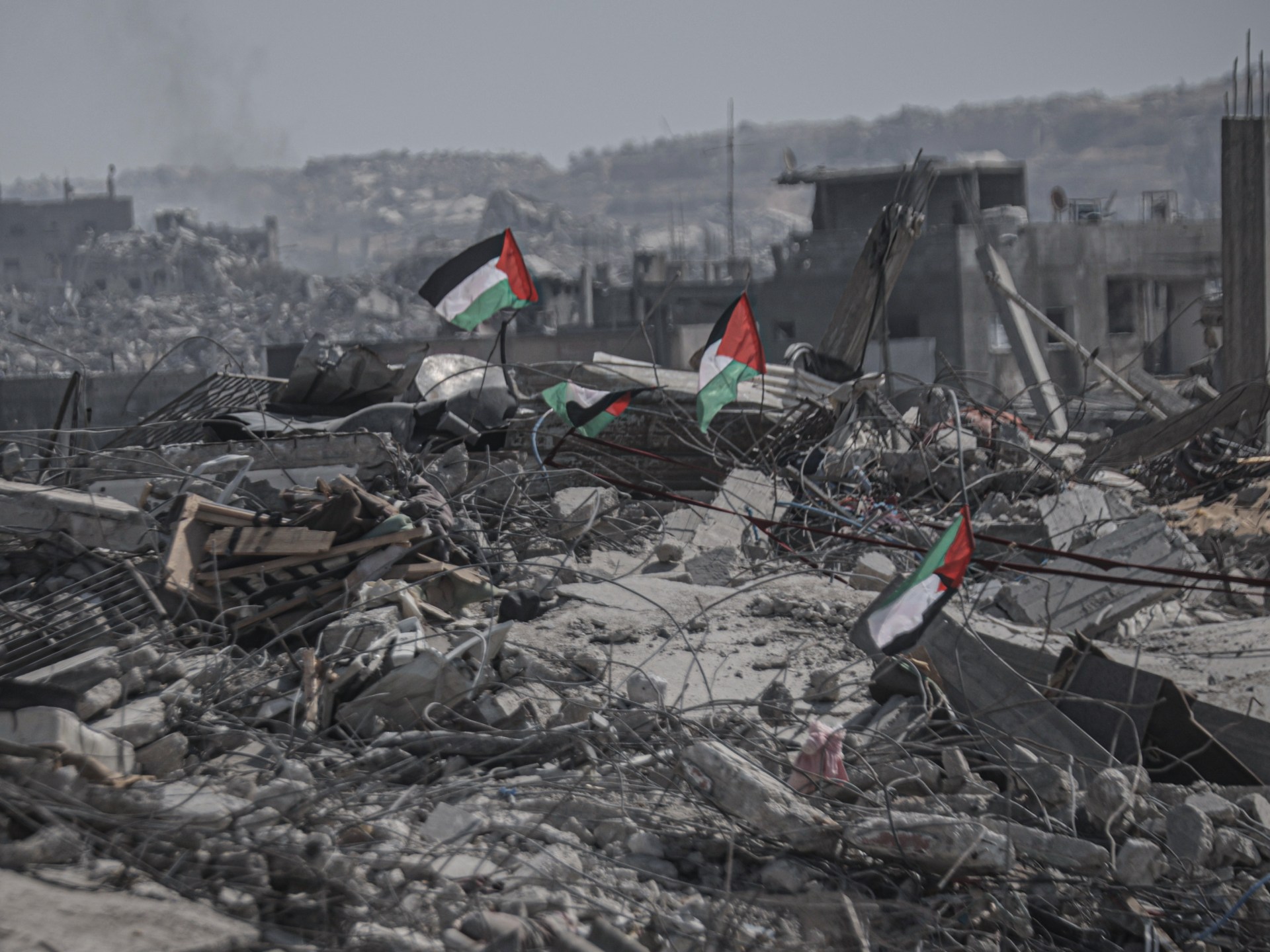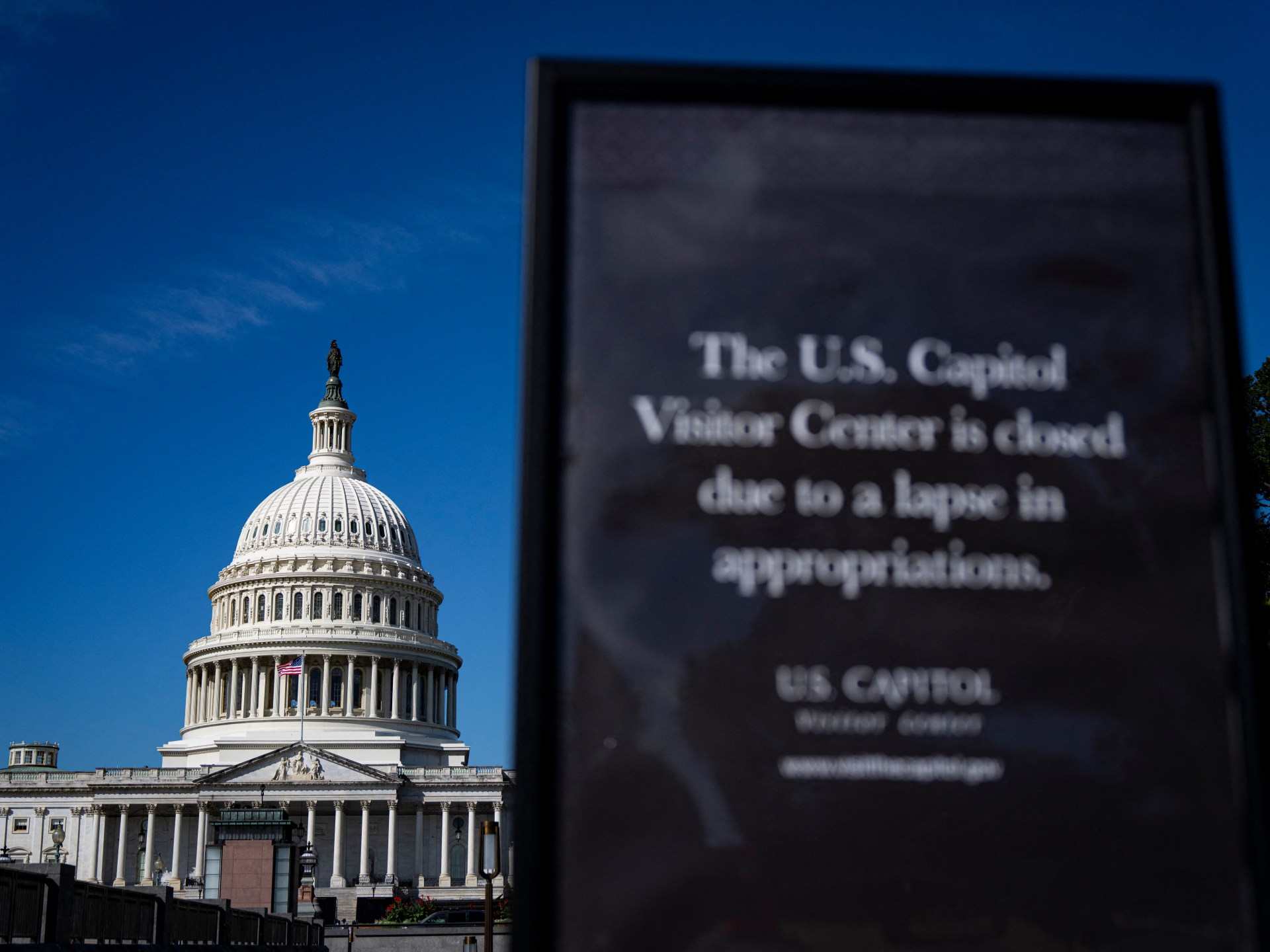Glasgow City scored twice in stoppage time to secure a dramatic win over Koge after an eight-goal thriller and move into the inaugural Women’s Europa Cup’s last 16.
The Danish league leaders had dominated last week’s first leg and travelled to Petershill Park with a slender lead, but it is City who will enter Friday’s draw after winning 5-3 on the night to progress 6-5 on aggregate.
- 13 hours ago
- 8 October
It looked like City’s hopes of a comeback had been extinguished after just three minutes when, as she did in the first leg, Mille Gejl opened the scoring for Koge.
The former Crystal Palace midfielder took a short corner to Rikke Madsen and latched on to her fellow Denmark international’s cutback from the byeline before steering her low drive into the far corner from just inside the penalty box.
However, City were pinging the ball about far quicker than in the first leg in Denmark and were back level on the night within six minutes.
Captain Amy Muir set Nicole Kozlova down the left wing and the former Koge player’s low ball into the penalty box was fired home by strike partner Abby Harrison.
A couple of fine saves from goalkeeper Lee Gibson denied the visitors before City were back level on aggregate on 25 minutes when Emily Whelan headed powerfully home after left-back Muir crossed to the back post.
City’s joy only lasted two minutes as veteran former Manchester City and Denmark forward Nadia Nadim turned in from the left wing and sent a right-foot drive looping over Gibson and into the far corner.
Glasgow were ahead again on the night when Harrison rose with visiting goalkeeper Ema Aleksic to meet a Lisa Evans corner and the ball deflected off Emma Pelkowski and into her own net.
Fellow midfielder Sarah Thygesen pounced on an Emma Brownlie error to slot what looked like a killer strike for the Danes six minutes from normal time.
However, Brownlie made amends by rising to meet another Evans corner and level the score on aggregate as the game entered added time.
Just when it looked like extra time might be needed, Lisa Forrest headed a cross from fellow substitute forward Sofia Maatta over the stranded goalkeeper to signal joyous scenes among the home support and tears from the stunned visitors.
Glasgow City: Gibson, Brownlie, Golob, Smit, Muir, Motlhalo, Lauder, Evans, Whelan, Kozlova, Harrison.
Substitutes: Clachers, Warrington, McLaughlin, Forrest, Lockwood, Wróbel, Anderson, Määttä, Tanaka, Boyes.
Koge: Aleksic, Markvardsen, Uhre, Brandt, Schultz, Korhonen, Gejl, Jereko, Lacho, Nadim, Madsen.
‘One of City’s greatest European nights’
Former Scotland and Glasgow City goalkeeper Gemma Fay
Is this one of the greatest nights in European history for Glasgow City? Emphatically, you must answer yes.
To score two goals in injury time after losing a goal in the 85th minute, it’s phenomenal.
There’s not many words that can describe what we’ve seen here tonight.
An absolutely astounding game of European football and, to a player out there, they worked their absolute socks off.
Yes, there were mistakes, but how they recovered from it, everybody should stand up and take notice of that.
You are going to make mistakes in every walk of life, but it’s how you react.
And there is a classic example there. Emma Brownlie miss-kicks the ball and Koge score, but she steps up and puts the ball in the back of the net.
Absolutely phenomenal. Glasgow City in Europe is just a thing. They can’t help but create excitement, they can’t help but have moments like this. They can’t help but do the unexpected.
You can never sit back and think, ‘that’s just it’. Not when the opposition score in the first moments to go 3-1 up on aggregate. Not when the opposition score in the 85th minute.
Related topics
- Scottish Women’s Football
- Scottish Football
- Football













